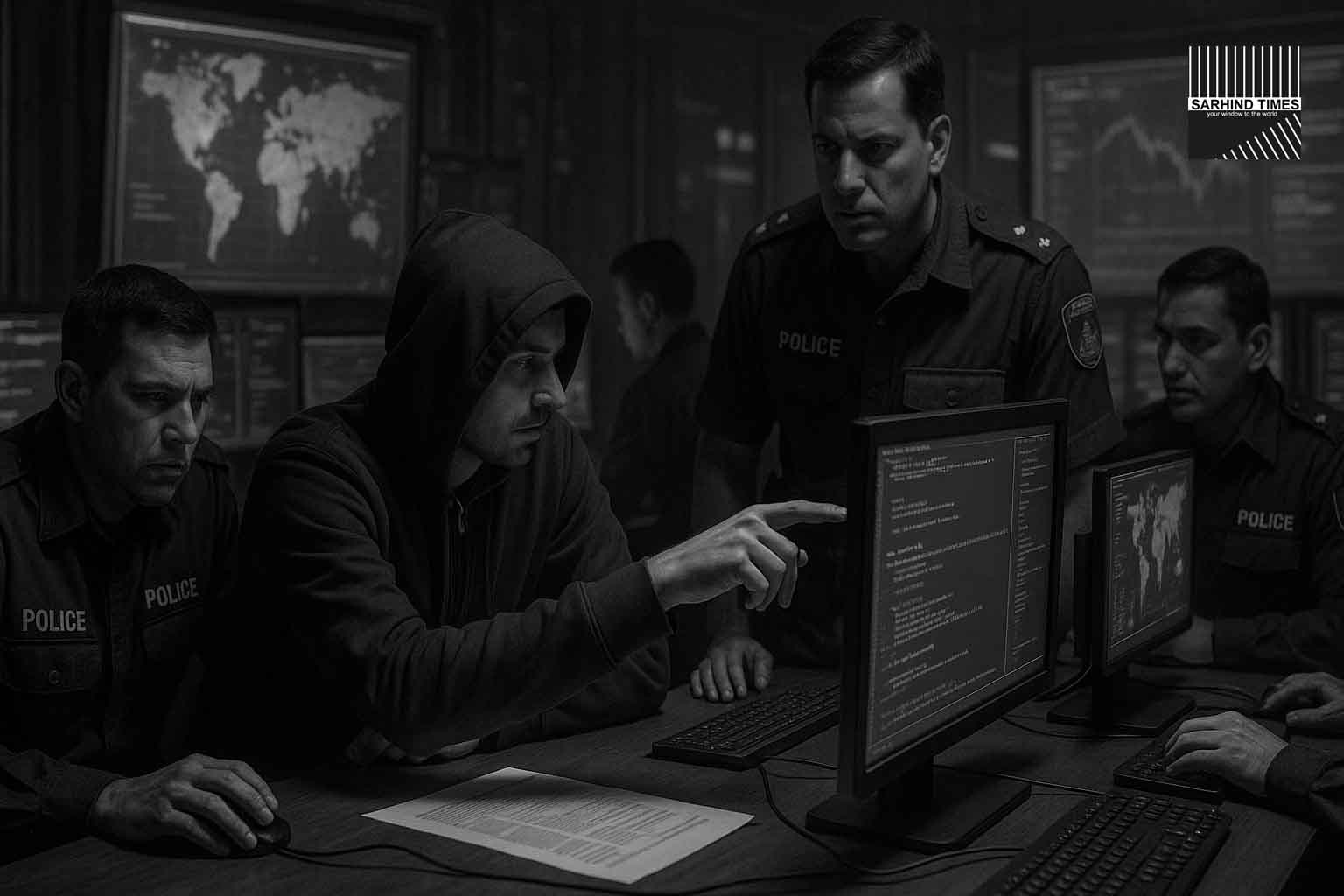Introduction: A Digital Shield Against Cybercrime
In a landmark step to counter rising cybercrime, the Maharashtra government has announced plans to hire professional ethical hackers and train 5,000 police personnel dedicated to cyber investigations. Minister of State for Home Yogesh Kadam confirmed the initiative, calling it essential to safeguard citizens, businesses, and public institutions against growing digital threats.
Why Maharashtra is Acting Now
Maharashtra has consistently ranked among India’s top states for reported cybercrime cases, ranging from financial fraud and phishing to ransomware and identity theft. With the increasing digitalization of services—banking, e-commerce, governance—criminals are exploiting vulnerabilities at scale.
According to police records, cyber fraud complaints in the state have nearly doubled in the past three years. Kadam emphasized that the new measures are designed to ensure faster response times, stronger investigations, and more successful prosecutions.
Key Features of the Initiative
- Hiring Ethical Hackers: Cyber experts from the private sector will be contracted to support law enforcement, identify vulnerabilities, and simulate attacks to strengthen defenses.
- Training 5,000 Police Personnel: Specialized courses in digital forensics, cyber law, and blockchain analysis will prepare officers to investigate sophisticated crimes.
- Strengthening Cyber Cells: State-wide cyber cells will be upgraded with advanced software, data recovery tools, and real-time monitoring systems.
- Public Awareness Campaigns: Citizens will be educated on online safety practices, including secure banking, avoiding phishing links, and reporting fraud.
Ethical Hackers: The New Crimefighters
The inclusion of ethical hackers represents a major shift in India’s policing model. Traditionally, cybercrime investigations relied on forensic labs and limited IT support. By integrating professional hackers into police strategy, Maharashtra is acknowledging that cybercriminals think differently—and so must investigators.
Experts believe this collaboration could set a precedent for other states. “Hiring ethical hackers isn’t just about plugging technical gaps—it’s about building an ecosystem where technology and law enforcement work hand-in-hand,” said a senior cyber expert.
National & Global Context
Globally, governments are racing to integrate cybersecurity into policing. The FBI in the US, Europol in Europe, and Interpol all run dedicated cybercrime divisions staffed with tech experts. India’s initiative comes at a time when:
- The Union Ministry of Home Affairs has been pushing states to strengthen cyber policing.
- Cyber fraud related to Unified Payments Interface (UPI) and cryptocurrency scams are on the rise.
- Critical infrastructure—from hospitals to power grids—faces growing risks from state-backed hackers.
Maharashtra’s decision could therefore become a national model, especially as cyberattacks increasingly transcend borders.
Challenges Ahead
Despite the promising announcement, challenges remain:
- Retaining Talent: Ethical hackers are in high demand globally. Offering competitive pay and career growth will be critical.
- Skill Gap: Training 5,000 officers requires consistent curriculum and expert faculty, which may stretch resources.
- Legal Frameworks: Cyber laws need to evolve rapidly to handle new-age crimes like crypto laundering and AI-driven scams.
- Coordination: Seamless collaboration between police, judiciary, and financial institutions will determine the success of prosecutions.
Public Confidence & Safety
For citizens, the announcement offers reassurance that the state is adapting to new threats. Faster resolution of cases could also rebuild confidence, as victims of online fraud often feel helpless and underserved by existing mechanisms.
Minister Kadam noted: “Cybercrime is not just a law-and-order issue, it is an issue of trust. Our aim is to ensure every citizen feels safe in the digital world.”
Closing Thoughts: A Future-Ready Policing Model
Maharashtra’s decision to hire ethical hackers and train 5,000 police officers marks a bold step toward future-ready policing. If implemented effectively, it could serve as a benchmark for India’s cyber policing infrastructure—bridging the gap between law enforcement and cutting-edge digital expertise.
With cyber threats growing by the day, this initiative may well determine how resilient India’s states remain in the digital decade ahead.
#CyberCrime #MaharashtraPolice #EthicalHackers #DigitalSecurity #CyberForensics #IndiaTech #LawEnforcement #SarhindTimes




+ There are no comments
Add yours